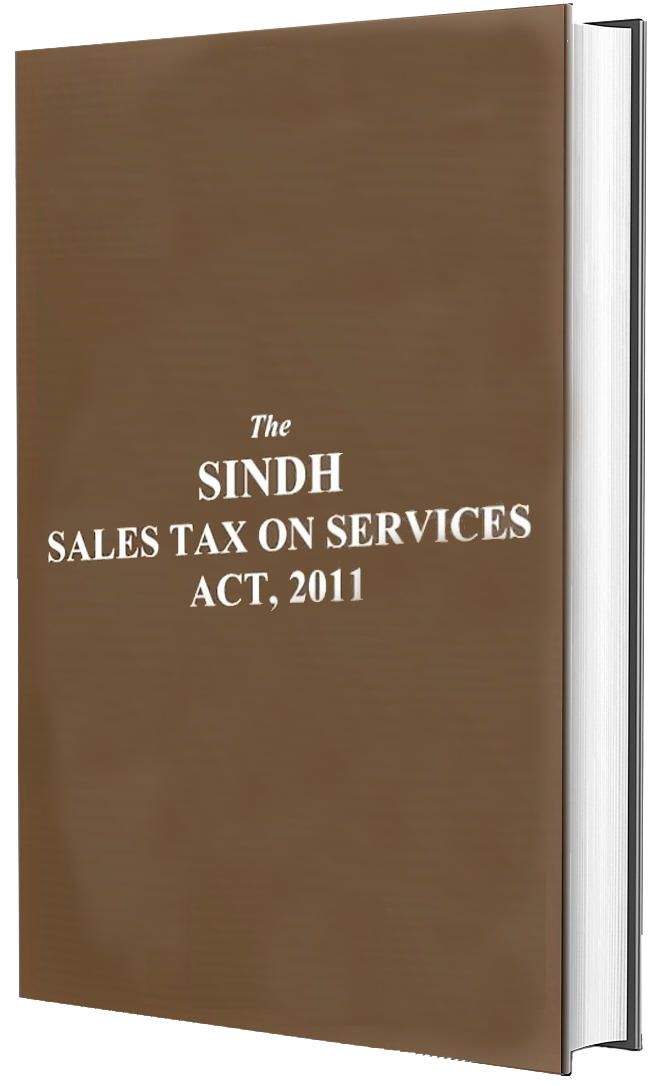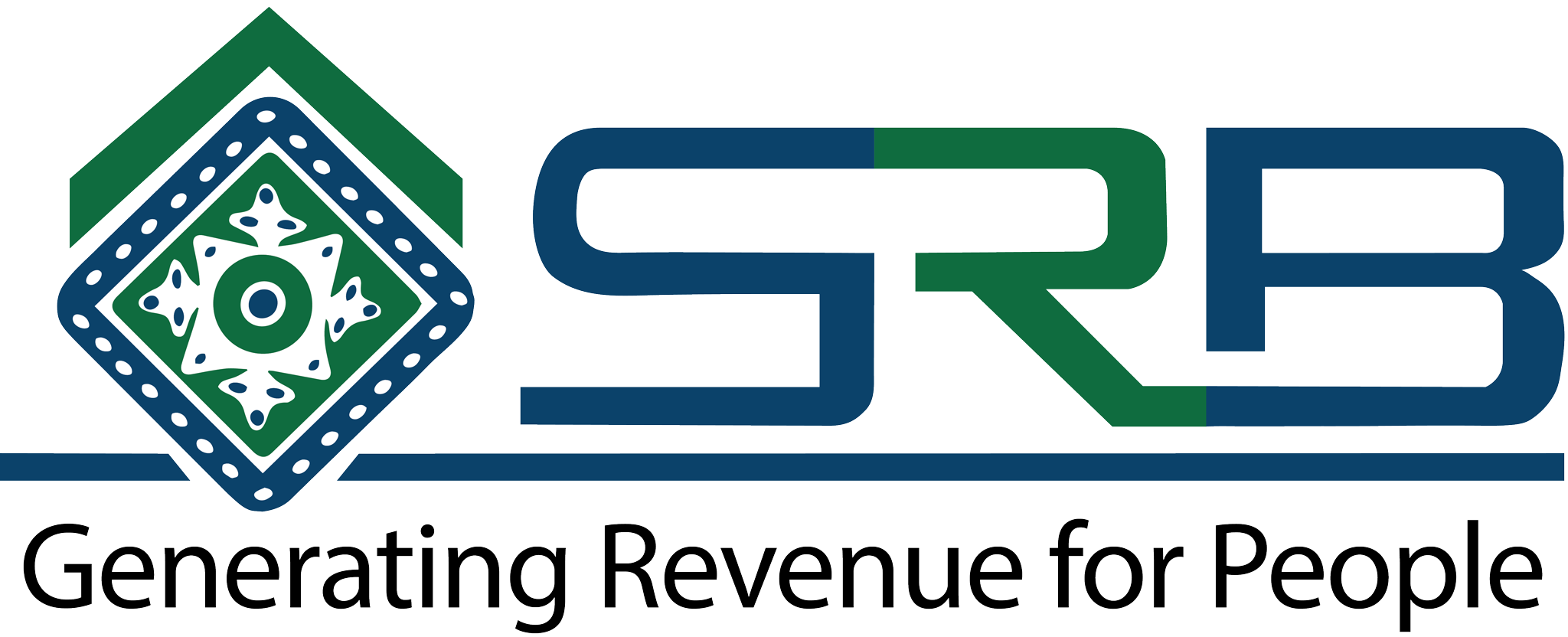History of Sales Tax on Services
The powers to levy and collect "Taxes on the sale of goods and on advertisement" was a Provincial subject under sub-section (3) of section 100 read with S. No. 48 of List II (Provincial Legislative List) of the Seventh Schedule to the Government of India Act, 1935. This Act applied to Pakistan in terms of section 8 of the Indian Independence Act, 1947.
Pakistan General Sales Tax Act, 1948 came into effect on April 1, 1948 and made sales tax a Federal levy. Later, this Act was superseded by the Sales Tax Act, 1951 which initially levied sales tax only on sale and consumption of goods but later the scope was extended to include sale, importation, exportation, production, manufacture or consumption of goods through the Taxation of Goods (Sales & Purchases) Order, 1960. Sales Tax Act, 1990 replaced the 1951 Act and introduced VAT model for taxation of goods.
Being a matter not included in the Federal Legislative List or the Concurrent Legislative List in the Constitution, sales tax on services remained in the Provincial domain. This position was further clarified and re-asserted by the Fifth Constitutional Amendment of 1976 and the Eighteenth Constitutional Amendment of 2010 (in relation to item No. 49 of Part A of the Fourth Schedule to the Constitution of Pakistan, 1973).
Sales Tax Ordinances of 2000 (including the Sindh Sales Tax Ordinance, 2000), were promulgated by the Provinces which came into effect from July 1, 2000. These ordinances entrusted Federal Board of Revenue with the collection of Provincial Sales Tax on Services. The levy of Central Excise Duty (now Federal Excise Duty) on such provincially-taxed services was simultaneously withdrawn.
Sindh Sales Tax on Services Act, 2011 was enacted by the Sindh Government effective from July 1, 2011 levying Sindh Sales Tax (SST) in terms of Articles 8 and 9(2) of the Seventh NFC Award of 2010.
13 Years

Sindh Revenue Board (SRB) Head Office, 3rd Floor, Shaheen Complex, M. R. Kiyani Road, Karachi.

